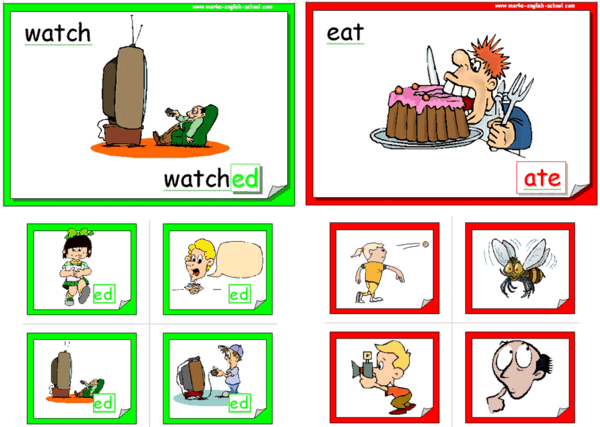Real-world questions never occur in a vacuum but are always contextualized within situations, sequences, and the action of which they are composed. People don't just "form questions." And that's the way questions should be taught. In context and for a purpose.
On those odd occassions when I do "focus-on-form" it is always "form-in-context" or perhaps more accurately "action-focused-form" along the lines of examining the types of actions carried out via "Do you" type questions (which might turn out to be very different sorts of things than "does he" questions) and the place such lexico-syntactic chunks might occupy in action sequences. One regular locus for such "do" questions is in "pre's" of one sort of another ("Do you have a match/the time/a tennis racquet"). In the real world people very rarely make casual inquiries into "habitual actions."
In orthodox grammar-based (even if this grammar is being taught by induction) EFL, verb formation and word order -- in particular question formation -- are treated as the cornerstones of the entire grammar edifice. Yet, 5 years of intensive involvement with conversational data has yet to suggest that either verb formation or question formation are in any way central to conversational interaction.
BTW, just to get REALLY "Matrix" on you, the other day in an MATESOL class I even found myself suggesting to students that "Not only is there very plausibly no separation between language and language use, but maybe, just maybe, language doesn't exist -- ONLY language use."
This is not as wacky as it first sounds, Neo.

